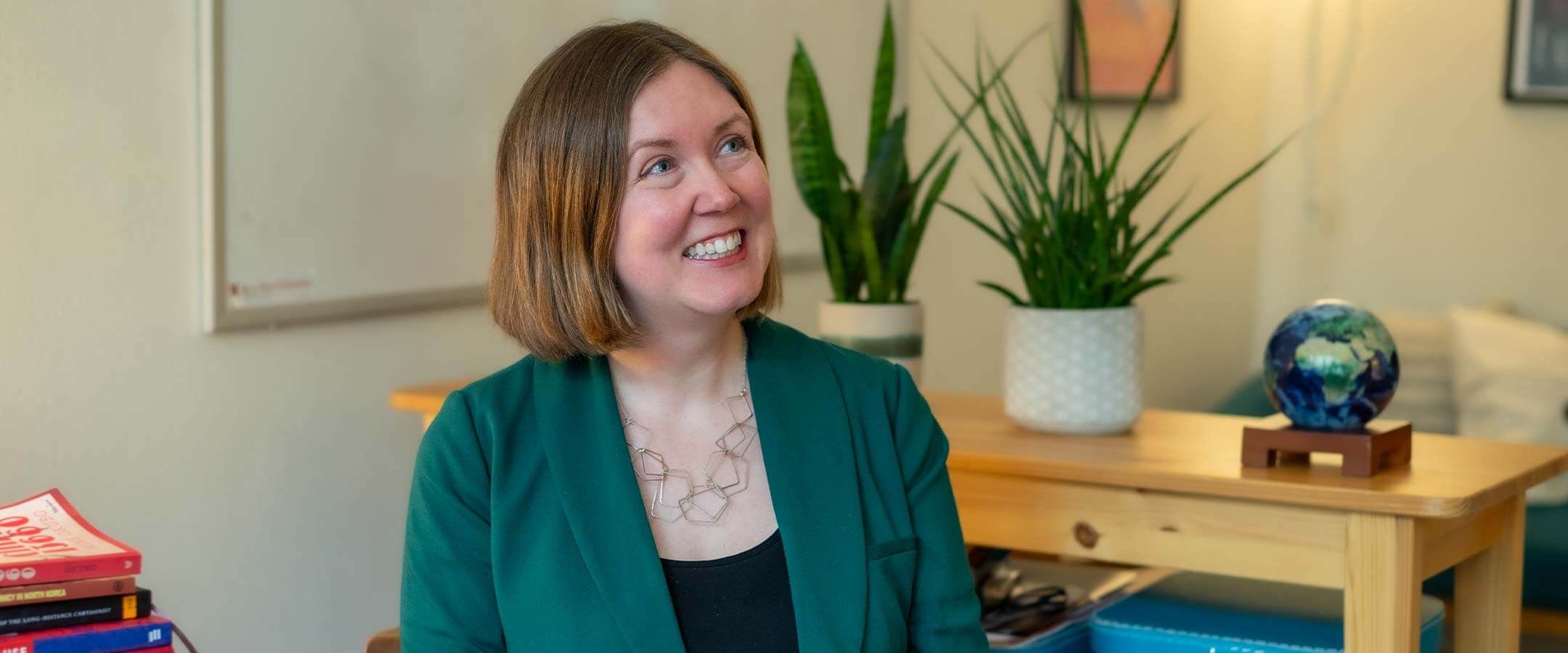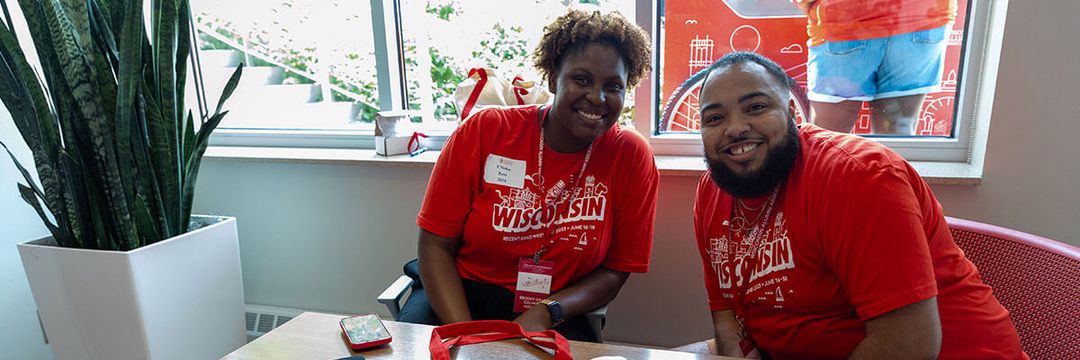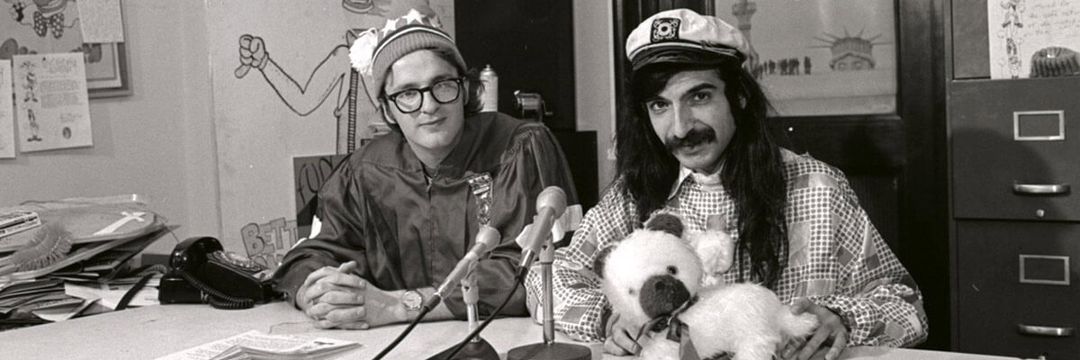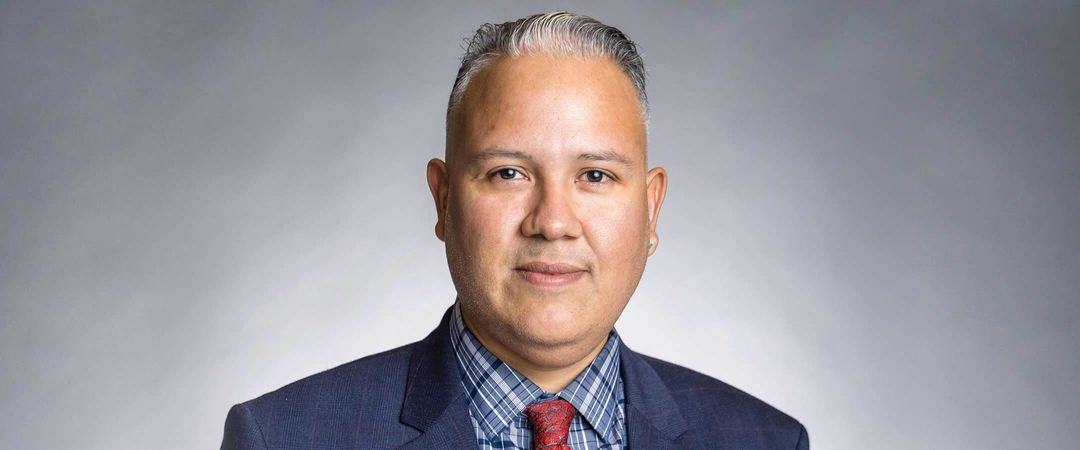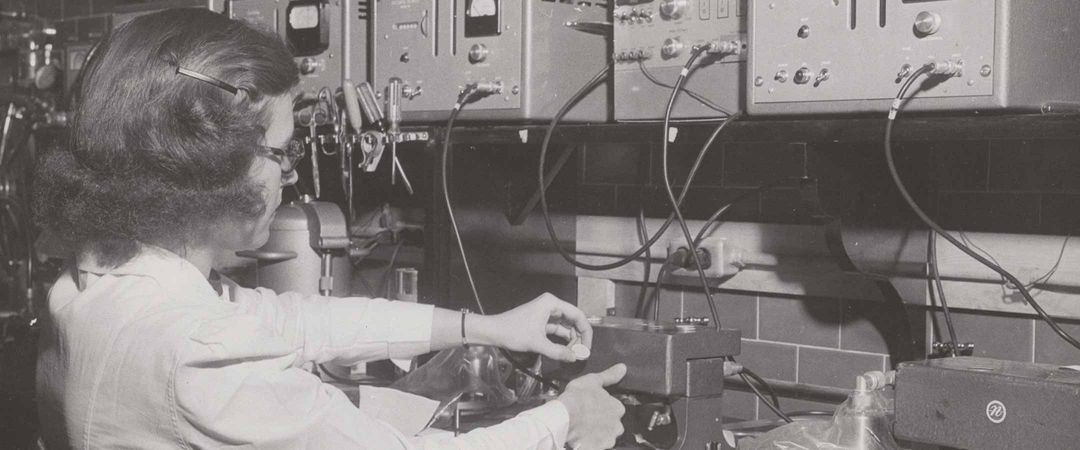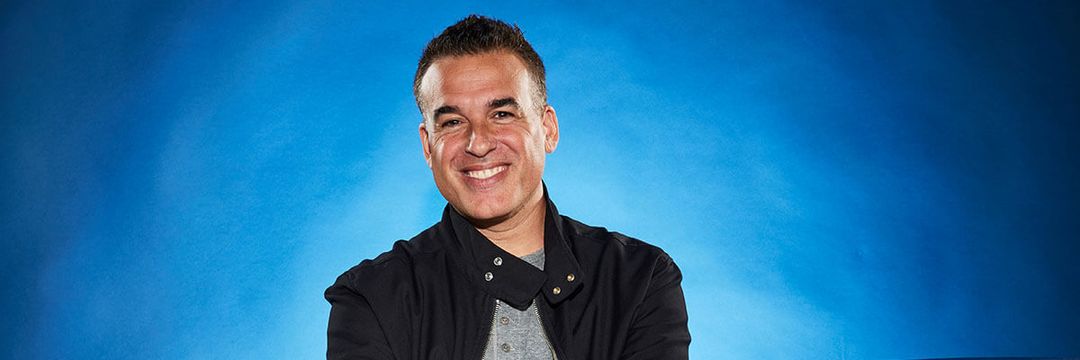Perhaps no scholar’s work sits more squarely within the ampersand of the UW’s College of Letters & Science than that of Jenell Johnson. As a professor of rhetoric, politics, and culture in the Department of Communication Arts, Johnson studies how the nonexpert public perceives and assigns meaning within medical and scientific spaces and discourse. She’s also the director of the Holtz Center for Science and Technology Studies, a campus hub of transdisciplinary research on the “humanistic and social studies of science, technology, biomedicine, engineering,
and the environment.”
If rhetorically analyzing the entire field of medicine and overseeing the collaboration of researchers from all realms of scholarship sounds daunting, well, you’re getting to know Johnson. Her first book looked at the history of the American lobotomy — brain surgery. Her most recent book, Every Living Thing: The Politics of Life in Common, explores the many meanings of life. In short, Johnson’s areas of interest are anything but simple — and they have the syllabi to match.
“When people work in fields adjacent to science and medicine studies, we are usually humanists and social scientists who are not, ourselves, practicing scientists or doctors,” Johnson says. “You need to have a kind of reading knowledge of a science if you’re going to write about it with any kind of credibility.”
To achieve this degree of proficiency in the fields she tackles in her research, Johnson reads. A lot. Here, she shares a sampling of the titles on her shelves.
My assigned texts include:
When Breath Becomes Air by Paul Kalanithi
It’s an incredibly moving account of what it is like to be a patient from someone who’s used to being on the other side of the stethoscope. He talks very persuasively as someone who had majored in literature and how it shaped his work in science and medicine.
Taking Turns by M.K. Czerwiec
I work in the field of graphic medicine, which looks at how comics can be used within health care. M. K. calls herself the “Comic Nurse,” and she’s been a foundational figure in the field of graphic medicine. [The book is] all about the time that M. K. spent on the HIV ward in a hospital early in the years of the AIDS epidemic in the United States.
The books I enjoy reading in my free time are: Children of Time trilogy by Adrian Tchaikovsky
They’re all books about terraforming that are set in the far future, and each digs deep into what animals are like. The first book, for example, involves thinking through what a spider society would look like. … One of the things I loved about [the trilogy] is that once you have spent a whole book with spiders, it’s hard to look at the spider in your bathroom in the same way. It’s a much more friendly approach to a spider.
The book I've been meaning to get around to is: The Dawn of Everything: A New History of Humanity by David Graeber and David Wengrow
[It] tries to reframe the birth of civilization. The thing is massive, as the title would suggest.
The book I always come back to is: The Book of Delights by Ross Gay
Ross Gay is a poet, and this book is this compendium of all of these things that [he] found delightful over the course of a year. One of my favorite examples is a brief story about a time that someone had gifted him a tomato seedling, and he walked onto a plane with it, watching the reactions of people smiling at him and his little plant. It’s just this gorgeous little book that reminds you to
pay attention. … It makes me happy every time I open it up.
The book I think everyone should read is: The Overstory by Richard Powers
It’s about trees, and I’ve never thought about trees the same way since I read it.
The show I wish I had written is: For All Mankind (Apple TV+)
It’s an alternative history of what would’ve happened if the Soviets had landed on the moon first. One of the things I love about it is that it seems that many of the plot points came directly from memos from Spiro Agnew’s Space Task Force, which tried to chart a course for the space program after Apollo. Some of the things the show imagines — solar sailing, building a lunar base, or landing a human on Mars — were projects that people thought were technically possible but for which they couldn’t find funding. It’s a fantastic look at the cultural force of the American space program.
